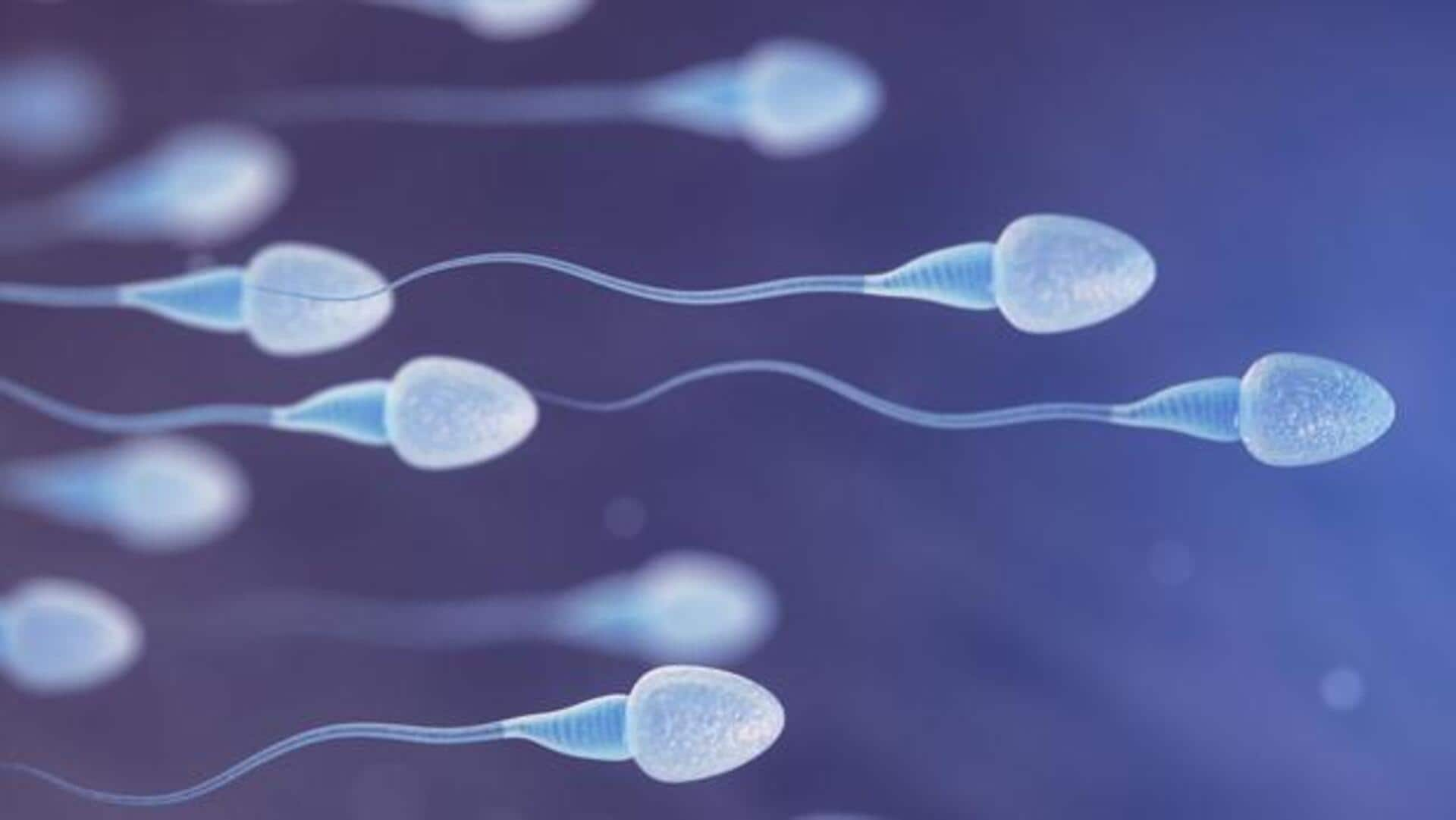
HPV linked to reduced sperm count, quality in males: Study
What's the story
A recent study conducted by Argentine researchers, has discovered a link between high-risk strains of the human papillomavirus (HPV) and a significant increase in dead sperm. The research involved analyzing semen samples from 205 adult males. The findings revealed that those infected with these high-risk HPV strains had fewer white blood cells and higher levels of reactive oxygen species, potentially damaging sperm and altering DNA.
Fertility effects
High-risk HPV strains impact male fertility
The study's findings align with previous research that has linked HPV to reduced sperm count and motility, suggesting a negative impact on male fertility. Virginia Rivero, an infection microbiologist from the National University of Cordoba in Argentina, stated, "Genital HPV infection is very prevalent in men, with variable effects on semen inflammation and sperm quality according to the infecting viral genotype." She further noted that "infections caused by high-risk HPV genotypes appear to have more negative effects on male fertility."
Health impact
Impact on male health remains underexplored
HPV is known to cause various cancers in men, including those of the mouth, throat, penis, and anus. However, the full range of effects that HPV can have on male bodies is relatively underexplored due to current clinical tests for HPV primarily focusing on cervical screens. This has led some researchers to argue that this infection has been 'feminized' in a way that could be detrimental to public health.
Vaccination disparity
HPV vaccination rates vary globally
The World Health Organization (WHO) recommends the HPV vaccine for both males and females as part of routine childhood vaccinations. However, only about one-third of the 107 nations with vaccination programs for HPV, have included boys in their rollout. In 2019, approximately 4% of boys worldwide had received the full course of vaccine compared to 15% of girls. In the US, HPV vaccination rates among teen boys are slightly lower than for girls - at 61% v/s 65% in 2022.
Global leader
Australia leads in HPV vaccination coverage
Australia, with the most successful HPV vaccination program globally, reported coverage rates in 2023 as high as 85.9% for females and 83.4% for males. Despite this success, public health scientist Nosayaba Osazuwa-Peters from Duke University noted that many men still question the need for the HPV vaccine. He stated, "A lot of men object to the HPV vaccine and will say, 'Why should I get this when it is for girls?'"